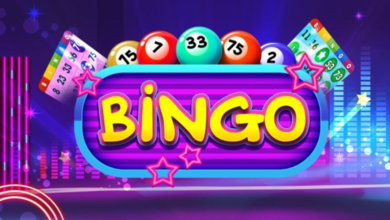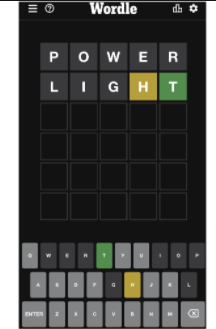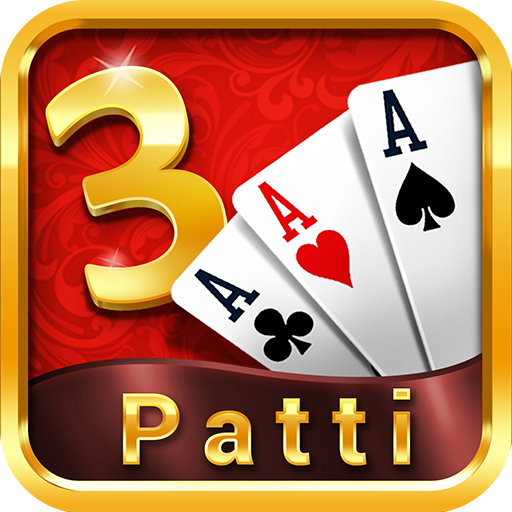What Astro Bot’s Big Win Says About the Gaming Industry

As 2024 came to an end, the gaming world was surprised when Astro Bot, a small platformer developed by Team Asobi and published by Sony Interactive Entertainment, walked away with the prestigious Game of the Year award at The Game Awards. At first glance, this might not seem like a big deal. After all, someone has to win. But when you look at what Astro Bot was up against—huge, big-budget titles filled with dramatic stories and enormous, open worlds—it becomes clear that something extraordinary happened.
For years now, we’ve got used to seeing the biggest names in gaming take home the top honours. Think of the large-scale role-playing adventures with casts of hundreds, the open-world games with breathtaking landscapes that seem to stretch on forever, or the action-packed shooters where every explosion makes your floorboards shake. These titles are known for their enormous budgets and marketing campaigns that flood every social media feed. So, when a smaller game like Astro Bot steps into the spotlight, it makes us ask: what does this say about where the gaming industry is heading?
The End of the Bigger-Is-Better Mindset
Let’s start with what Astro Bot actually is. It’s a platformer, meaning it’s a game where you run, jump, and climb through levels. While platformers have been a staple of gaming since its earliest days, they haven’t always seemed that exciting in recent years. Many players have been more interested in massive open worlds, complicated systems, or long storylines that feel more like epic films than simple games – and yes, Red Dead Redemption 2, we’re talking about you. In many ways, platformers have felt like the underdogs, often seen as simpler, shorter, and less flashy. Despite that, here we are, living in a time where one of the biggest gaming awards has gone to a small platformer starring a little robot exploring cute little environments.
This kind of outcome really makes you think. Maybe we’ve become too focused on sheer size, complexity, and impressive visuals. For a long time, the gaming industry has seemed like it’s been racing towards bigger and more expensive experiences. Budgets soared, and each year, new titles tried to outdo each other with even larger maps, even longer stories, and ever more detailed graphics. Over time, this arms race might have caused some of us to lose sight of what really matters in gaming: fun, creativity, and a sense of joy.
Astro Bot’s success suggests that maybe we’ve reached a point where it’s not just about who spends the most money or who can build the biggest world. Instead, it’s about how the game makes you feel. Astro Bot shows that a well-made game with a clear idea, a simple but clever design, and a friendly feel can stand shoulder-to-shoulder with massive, big-name titles. It reminds us that games are meant to be played and enjoyed, not just admired from afar.
If making money were still the be-all and end-all in the gaming industry, then casino games would win every year, since they’re designed to bring in endless streams of cash for the online casino operators who almost literally print money from them. But that’s not what’s happening. Instead, we’re seeing a growing appreciation for games that speak to players on a more personal level. Astro Bot’s victory suggests that developers are starting to value the player’s experience over the bottom line. You’d have got long odds against that a year ago from those online casinos, ironically. There’s a sense that the industry is moving towards gaming as an art form, not just a product.
This shift didn’t come out of nowhere. In recent years, more independent games have gained the recognition they deserve, sometimes even standing toe-to-toe with giants. But there’s a difference between celebrating a well-reviewed indie gem and seeing a smaller, more straightforward game actually win Game of the Year. That’s a much stronger statement. It tells us that the old rules, where bigger and pricier were always better, don’t seem to apply as much anymore.
A Bright Future for Creative Gaming
So, what does this mean for the future of gaming? Well, we might see a return to classic forms of fun. Platformers and other straightforward genres might find a new place at the table, proving that we don’t need endless complexity and huge budgets to have a good time. Developers could feel inspired to create games that focus on simple, entertaining mechanics rather than piling on loads of features just to impress. We might also see the big companies remember that not every game needs to be the size of a small nation to be taken seriously.
Of course, it’s not like the giant, super-expensive games are going away. There will always be space for grand, ambitious projects that push the boundaries of technology and storytelling. But Astro Bot’s big win might mean that those huge titles have to think more carefully about what they offer. If a small platformer can take the crown, it suggests that players want more than just good looks and bragging rights. They want games that make them smile, that feel welcoming, and that bring a bit of light into their lives.
In other words, the playing field might be levelling out. It suggests that everyone, from tiny indie teams to giant studios, can earn respect if they focus on quality and originality instead of just throwing money at a project. It also suggests that players are ready for something different, something that doesn’t always fit neatly into old categories. If this leads to more variety in gaming, that can only be a good thing. Instead of feeling like we have to choose between a 100-hour epic and a tiny homemade indie, maybe we’ll see a whole range of experiences that each have their own strengths.
Astro Bot’s win might seem like an anomaly right now, but it could end up having a lasting impact. It shows that no matter how grand the competition, a small title with a big heart can still surprise everyone. Most importantly, it shows that the gaming industry isn’t stuck in its ways. It can still change, still celebrate new voices, and still prove that having fun is what truly matters.





